The manufacturing industry is rapidly evolving, driven by automation, data, and innovation. Staying ahead of trends and technology is crucial, with Industry 4.0 and digital transformation reshaping operations, efficiency, and global competitiveness. Here, we will discuss the future of manufacturing, including key technologies, supply chain resilience, sustainability, future strategies, and more. Through this, you will have the tools and resources to embrace and adapt the future of manufacturing.
Top Manufacturing Trends in 2025
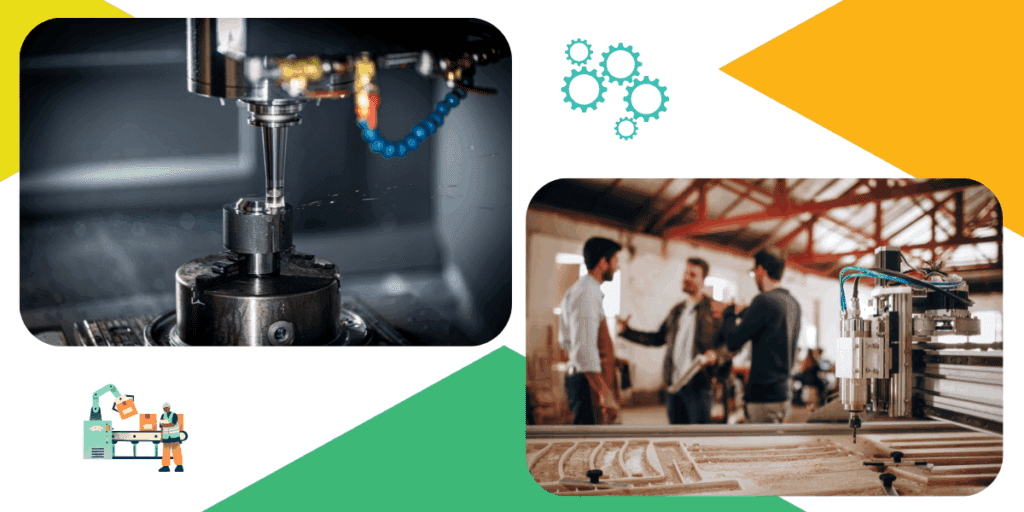
Smart manufacturing systems are transforming production with increased use of IoT and real-time data, enabling greater efficiency. Additive manufacturing continues to grow, supporting mass customization and flexible production lines tailored to evolving consumer demands and market trends.
Key Technologies Driving Innovation
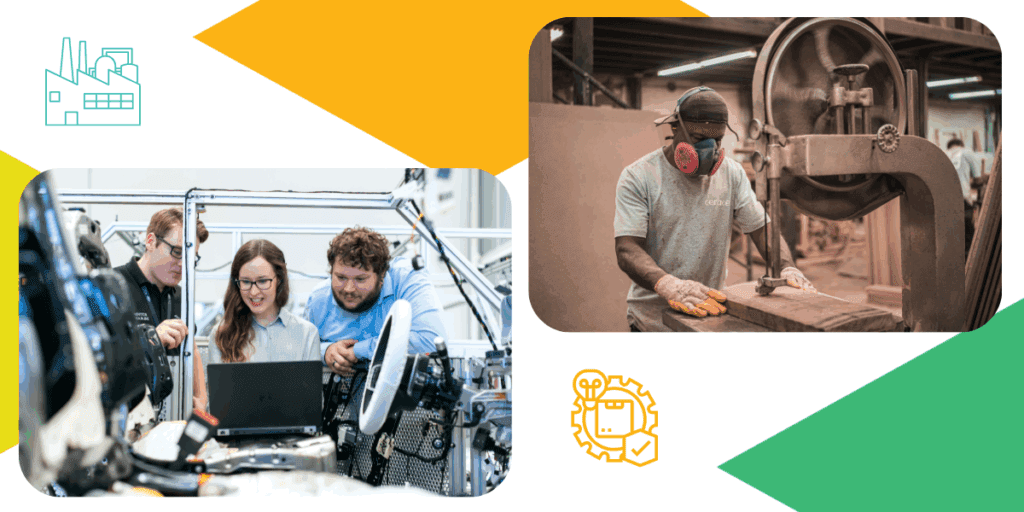
Artificial intelligence and machine learning are powering robotics and industrial automation, streamlining processes and boosting productivity. Cloud and edge computing enable faster data access, while digital twins and simulation technologies enhance design, testing, and real-time operational insights.
The Role of Automation and Robotics
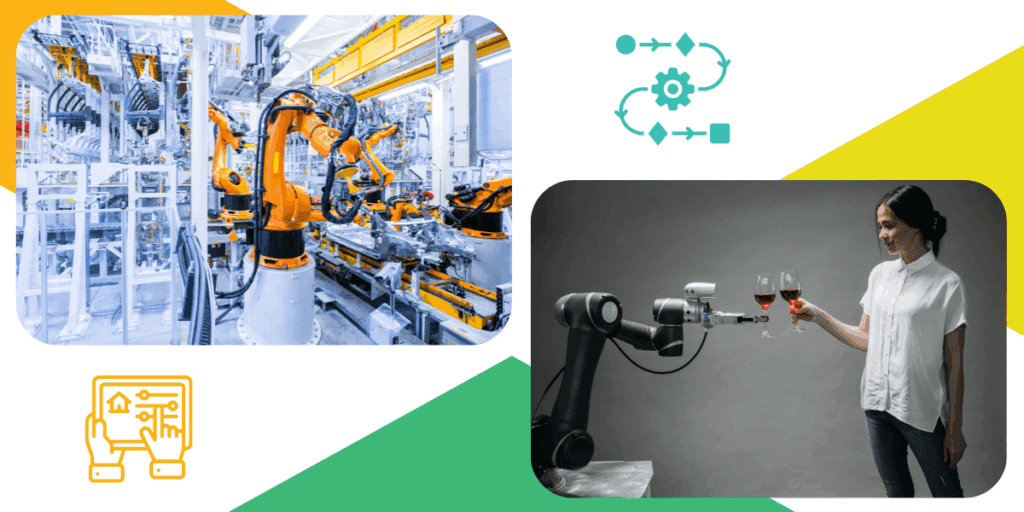
Manufacturing innovations deliver speed, efficiency, and cost savings across assembly, packaging, and logistics. Real-world applications highlight how automation enhances productivity. Human-machine collaboration, especially through cobots, ensures safety and flexibility while maximizing output in modern, tech-driven production environments.
Supply Chain Resilience and Optimization
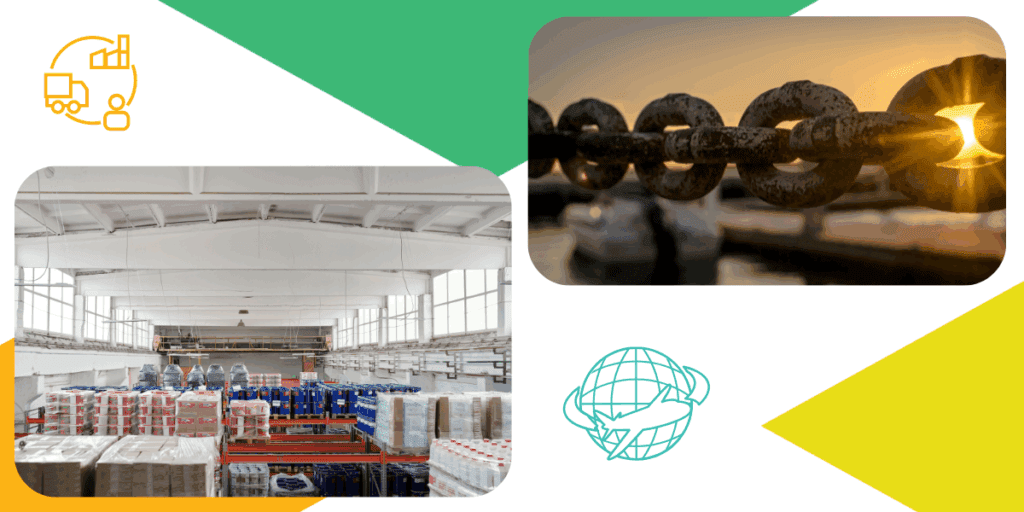
Recent global disruptions have underscored the need for resilient supply chains. Predictive analytics and AI now play key roles in anticipating risks and optimizing operations. Meanwhile, nearshoring and reshoring trends are reshaping manufacturing strategies for greater stability.
Embracing Sustainability in Manufacturing

Manufacturers are embracing green materials and eco-friendly production methods to reduce environmental impact. Energy-efficient systems support carbon reduction, while aligning with regulatory compliance and ESG goals, driving sustainability as a core priority in today’s industrial landscape.
Common Challenges Facing the Industry

Manufacturers face challenges including labor shortages, a growing skills gap, and rising cybersecurity risks. Capital investment decisions are increasingly weighed against ROI concerns, while regulatory pressures add complexity, requiring strategic planning to maintain competitiveness and ensure long-term resilience.
Strategies for Future-Proofing Your Operations
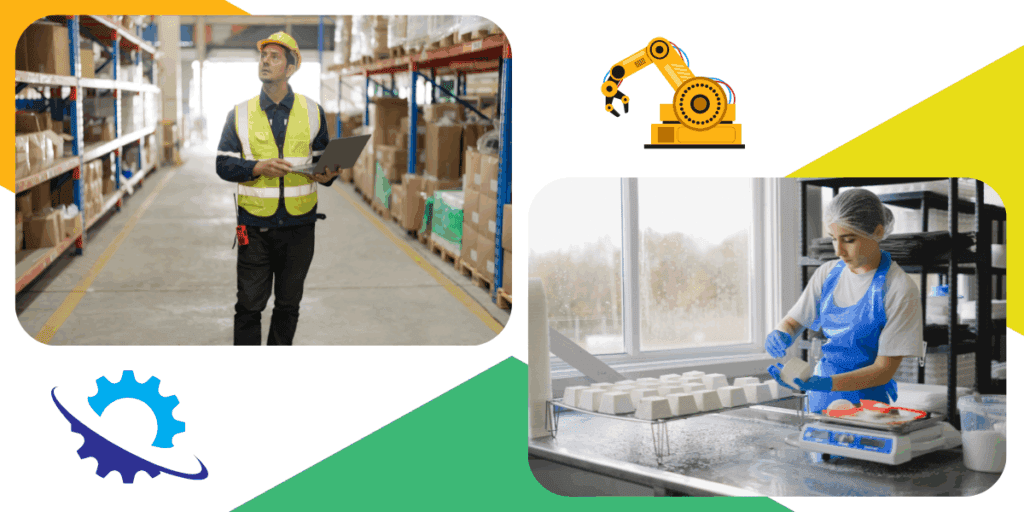
To stay competitive, manufacturers are upskilling in their workforce, investing in modular, scalable technologies, and building strong supplier partnerships. By leveraging data for proactive decision-making, they enhance agility, efficiency, and resilience in an ever-evolving industrial landscape.
Summary
Here, we discussed the future of manufacturing, including key technologies, supply chain resilience, sustainability, future strategies, and more. Now, you are well-prepared to embrace the future of manufacturing, including key trends like AI, IoT, and sustainable practices that are reshaping manufacturing.

We encourage readers to embrace the future of manufacturing, including changes in trends and technologies, and how this can be incorporated into your next virtual event. To stay ahead, businesses must innovate and adapt. Explore deeper insights and contact Chati today for a personalized consultation on future-ready manufacturing strategies.
